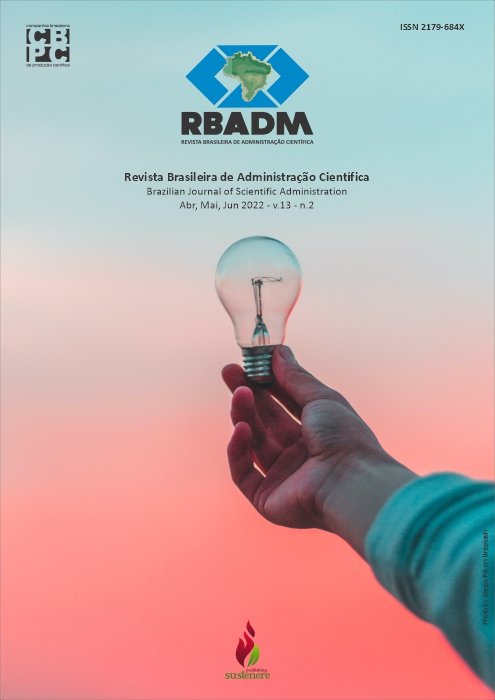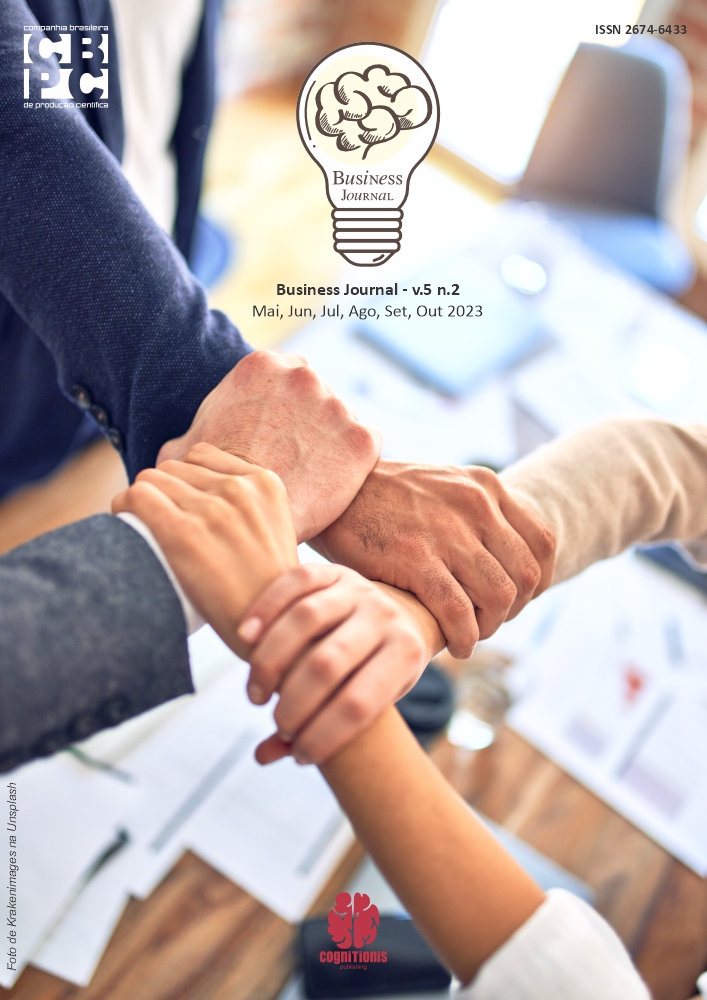The Effect of Debt Concentration on Preference for Materials Goods or Experiential Purchases
DOI:
https://doi.org/10.6008/CBPC2179-684X.2022.002.0007Keywords:
Experience vs Material goods, Consumers indebtedness, Debt management, Credit card, Debit paymentAbstract
Prior research suggests that debt concentration affects consumers' motivation and leads to the best financial decisions. However, less is known about its relation to the presence of buying options, specifically, material versus experiential choices. To address this gap, this study proposes investigating how debt management strategy (concentrated vs. dispersed) influences experiential versus material goods preferences. Two experiments were conducted in the lab and Mturk. The main findings suggest pieces of evidence that due dates concentration influences consumers to repay more credit card balances. However, this concentration effect is attenuated by time distance. In addition, dispersed accounts lead consumers to spend more, not with experiences as predicted, but with goods. The results suggest that debt concentration leads consumers to prefer material goods instead of experiences. It can help consumers realize that external factors can influence their buying process more than purchases characteristics and could be helpful for consumers to adopt due dates concentration strategy to organize their finances better. The results contribute to developing theories about how debt management influences subsequent behavior. Also, it has been demonstrated as a new antecedent for purchases preferences for material (vs. experience).
Downloads
Published
Issue
Section
License
Copyright (c) 2023 Brazilian Journal of Scientific Administration

This work is licensed under a Creative Commons Attribution-NonCommercial-NoDerivatives 4.0 International License.
The CBPC - Companhia Brasileira de Produção Científica (Brazil CNPJ: 11.221.422/0001-03) the material rights of the published works. The rights relate to the publication of the work anywhere in the world, including rights to renewals, expansions and dissemination of the contribution, as well as other subsidiary rights. All electronically published works may subsequently be published in printed collections under the coordination of this company and / or its partners. The authors preserve the copyright, but are not allowed to publish the contribution in another medium, printed or digital, in Portuguese or in translation.









